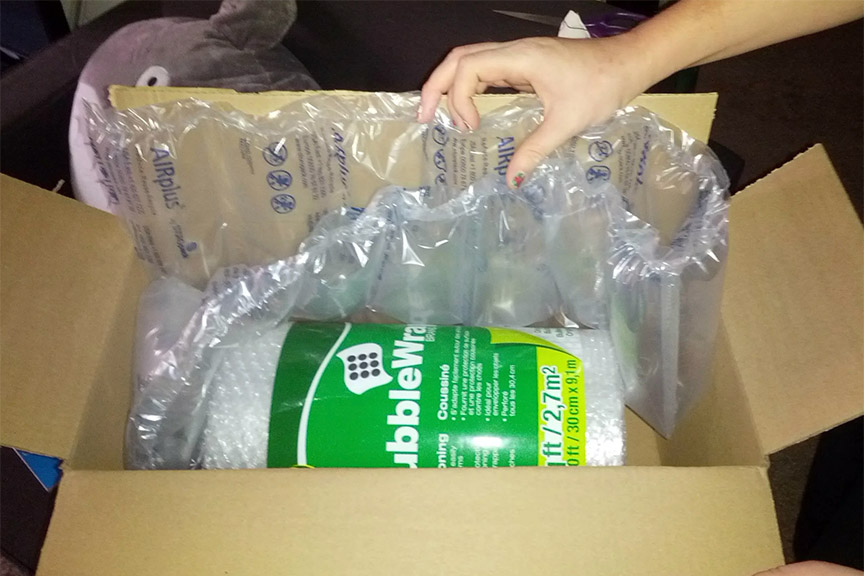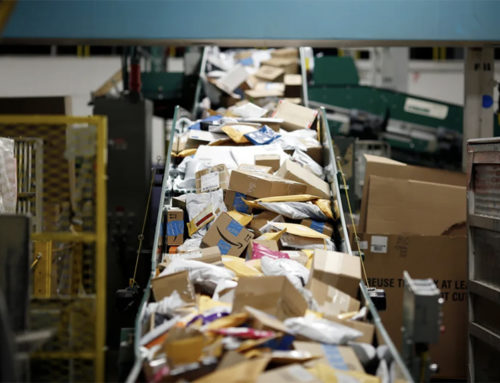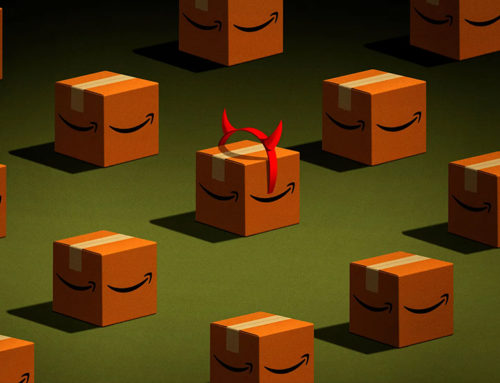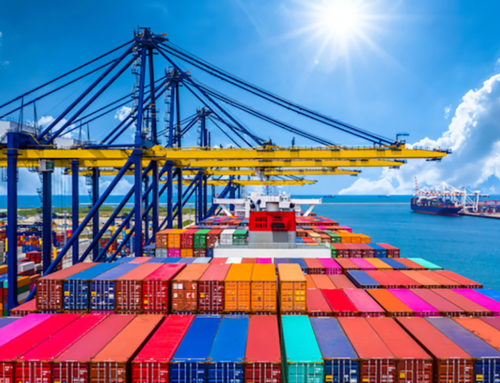In an era where environmental consciousness and sustainability is at the forefront of consumer concerns, Amazon has presented itself as a liar in the sustainability game. As they tout the use of paper-based packaging solutions, a closer examination of their practices reveals a stark disparity between their claims and the reality of their environmental impact.
3.5 Million Packages in the US every day! This isn’t global, this is just in the US. This alone is the reason why you aren’t reducing the growth and spread of the plastics industry – a glaringly obvious reason why there’s plastic pour into and floating out of landfills, clogging drains, killing wildlife and polluting every corner of the nation. As usual, it’s Bezo’s fault.
Amazon’s Packaging Ploy:
Amazon boasts on their website, “When additional Amazon packaging is required to ship a product, we create paper-based packaging solutions. This packaging can often be recycled at home, while single-use plastic needs to be taken to drop-off centers to be recycled.” On the surface, it appears as a commitment to eco-friendly packaging, but Amazon passing responsibility on to the consumer and shifting blame from itself. The truth is, when dinner sucks, you don’t blame the fish, you blame the chef.
They’re expecting consumers, who took the quick and easy way to buy a bottle of vitamins without leaving the house, to drive across a city to what is likely the single place where plastic film packaging and bubble wrap can be recycled, just to drop of 11 inches of pillow packaging? A 30 minute roundtrip drive at $7 a gallon for gas – to recycle something they can just throw in the trash.
Now, throw that in the trash 3.5 million times every day.
Amazon’s Paper-Based Packaging Illusion:
Take note, Amazon claims on their platform that 11 percent of European packaging is paper based, and a national reduction of plastic use in India has taken place – which is for the most part lip-service because we can’t see it as factual, we aren’t receiving packages in India. While Amazon emphasizes the use of paper-based packaging solutions, the sheer volume of their shipments tells a different story. The excessive cardboard boxes, bubble wrap, and other materials contribute significantly to the environmental burden. Recycling these materials at home is definitely not as straightforward as Amazon suggests, particularly in regions with limited recycling infrastructure.
Billy is in Corbin, KY. He lives in the hills and fortunately, he can drive into town to get his mail and have Amazon deliver the items he needs but that aren’t available in or around the small train town he’s in. Now, he’s got boxes and plastic at his door. What does he do with it? Well, Billy likely burns it, but he could also drive 45 miles to Lexington to drop it off at a dump where they can put it in the ground for him.
The other option is, Amazon could stop sending people plastic packaging materials.
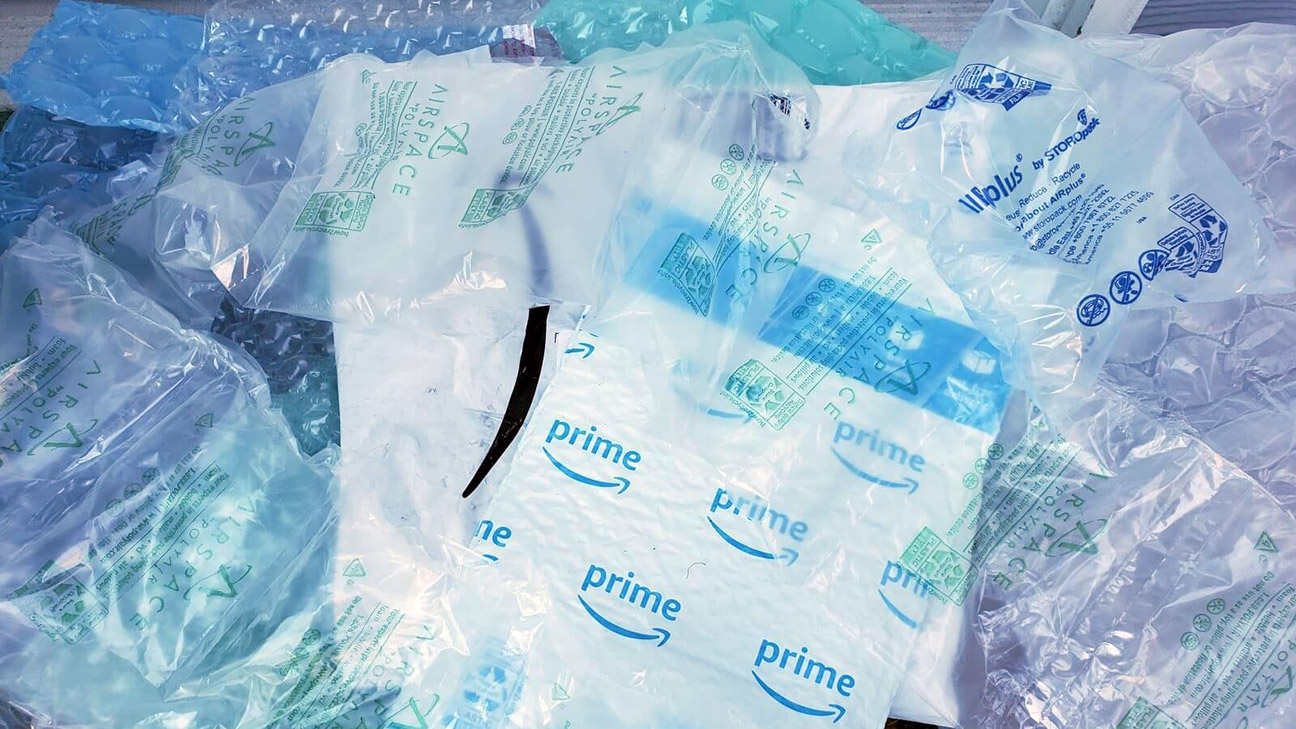
Amazon attempts to draw a distinction between paper-based and single-use plastic, claiming the latter needs to be taken to drop-off centers for recycling. Let’s be honest. Here; how many customers diligently seek out these drop-off centers for Amazon’s plastic packaging? Just because there’s one location in the region, it doesn’t mean people are going to use it. There’s a White House in the nation – ever been to it? Most haven’t, but it’s there.
More of Amazon’s Greenwashing:
Greenwashing is Jeff Bezos best friend, espcially when it comes to sustainability. It becomes apparent when analyzing Amazon’s packaging practices. The emphasis on the paper lies as solutions is a fast distraction from the extensive use of resources and the carbon footprint associated with their packaging choices.
The Reality of Packaging Waste:
Amazon’s packaging practices contribute significantly to the global waste crisis. From excessive cardboard to really excessive plastic waste, the environmental impact of their packaging choices cannot be ignored. The convenience of fast shipping for consumers comes at a hidden cost to the planet and in the end, we the people are losing while Amazon rakes in the dollars without consequence to their actions.
Amazon must be held accountable for their sustainability claims. The dissonance between their stated commitment to paper-based solutions and the pervasive packaging waste demands a critical examination of the true environmental impact of the e-commerce giant.

